Coup d'état triggers new massive protests in Sudan in support of civilian rule
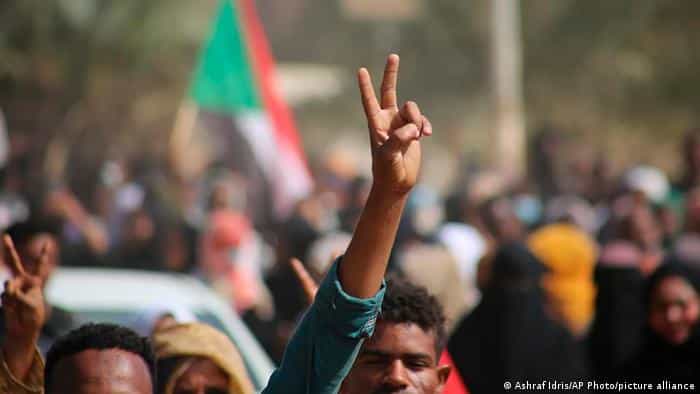
This Monday, the people of Sudan were once again confronted with a coup d'état. Sudanese military officials arrested the prime minister Abdalla Hamdok and have dissolved the transitional civilian government, citing political infighting and instability as the reason. As a result, tens of thousands of people have taken to the streets in support of civilian rule. How did we end up back here?
EU needs to condemn and tackle pushbacks more forcefully

The noises about so-called 'pushbacks' at Europe's external borders are getting louder and louder. Meanwhile, there are countless stories of refugees being harshly stopped, and even sent back, after they have already set foot on European territory. At a time when the EU expresses great concern about the many refugees trying to reach the EU via Belarus, it is all the more important to be aware that these refugees too are entitled to a fair asylum procedure in Europe. Repressing them with illegal methods should thus be out of the question.
FMS seeks 2 interns for Africa Day 2022
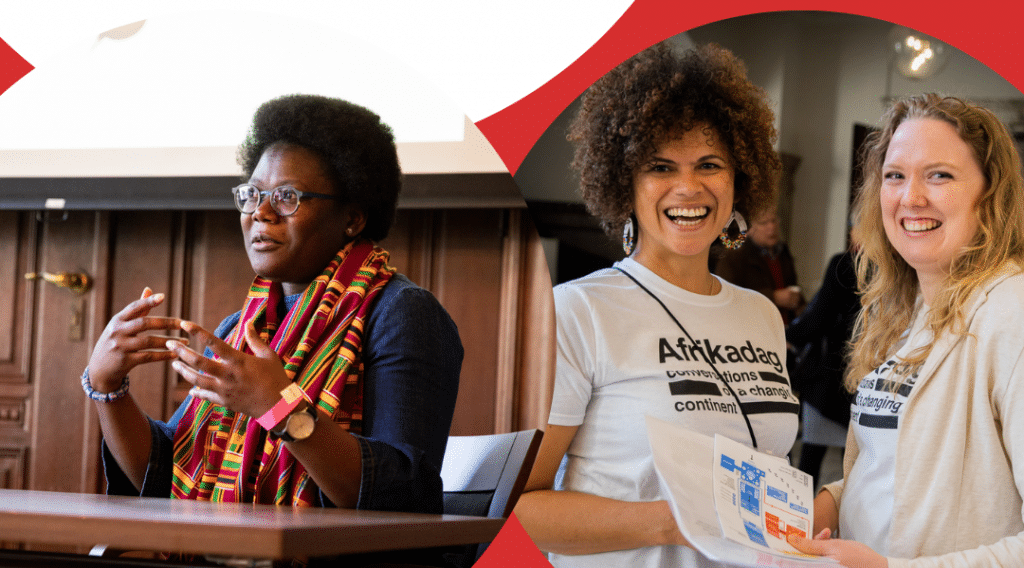
Do you possess organisational and/or creative talent? Then apply now for one of the two internship vacancies available at Foundation Max van der Stoel for the organisation of the Africa Day 2022. After a two-year absence, the Africa Day will be back on 9 April 2022 as the biggest event in the field of Africa and international cooperation in the Netherlands. The FMS is looking for two interns to organise this day.
Two months after parliament was suspended, Tunisian democracy rattles on all sides
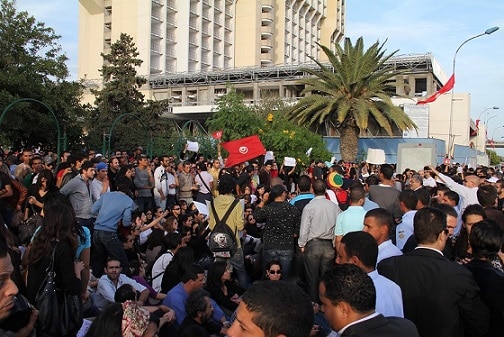
On 25 July in Tunisia, the president dissolved parliament and dismissed the prime minister. Now, two months later, there is still no parliament or prime minister. Tunisian democracy is under increasing tension. Meanwhile, protests have broken out in the capital Tunis against the seizure of power and criticism from abroad is growing. Despite the growing criticism, President Kais Saied seems unwilling to rebuild the old system with a new prime minister and parliament, and is maintaining a state of emergency. Critics say this is the beginning of an autocratic system, and the end of Tunisia's fledgling democracy.
Armenia and Azerbaijan challenge each other in front of the International Court of Justice
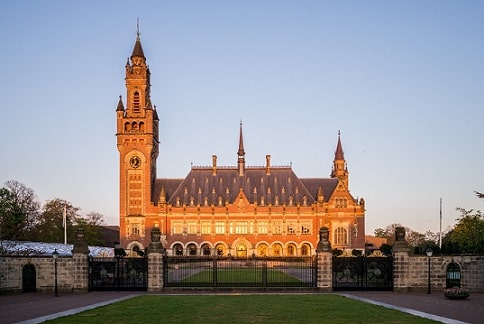
The long standing conflict between Armenia and Azerbaijan has entered a new stage now that the countries are challenging each other in front of the International Court of Justice (ICJ). On the 16th of September 2021, Armenia started proceedings against Azerbaijan in front of the ICJ alleging a breach of the Convention on the Elimination of Racial Discrimination (CERD). According to a statement of the ICJ, Armenia argues that "For decades, Azerbaijan has subjected Armenians to racial discrimination" and that, "as a result of this State-sponsored policy of Armenian hatred, Armenians have been subjected to systemic discrimination, mass killings, torture and other abuse". Armenia and Azerbaijan are both signatories to the CERD.
Policy coherence: Still not a central part of the 2022 state budget
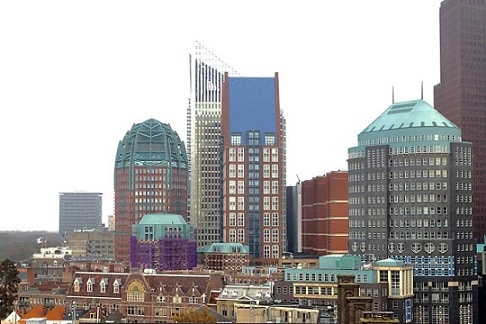
Last Tuesday was Budget Day, the day when the Cabinet traditionally presents the budget for the next year. Due to its caretaker status, the Cabinet was forced to present a policy-poor budget. This was not only reflected in the speech from the throne full of hollow words, but also reflected in the budget for Foreign Trade and Development Cooperation (BHOS), where the 0.7% norm, the spending of 0.7% of GNI on development cooperation, is once again not met and remains stuck at 0.53%.
Lebanon: a year after the Beirut explosion, still at the edge of the ravine
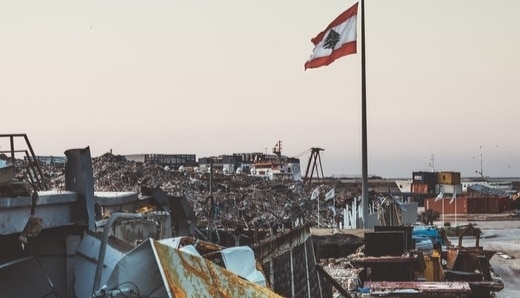
It is exactly a year today since Beirut was rocked by one of the heaviest non-nuclear explosions ever. And still the Lebanese people have not received answers to the most basic questions: Why were 2,750 tonnes of ammonium nitrate stored in the port of a world capital? Who owned the explosives? And who knew about their presence in the port storage facility? The chief investigator of the Lebanese prosecution had been sacked shortly before the disaster, so a new one had to be appointed hastily. It was soon crystal clear to this investigator that the investigation should also focus on the responsibility of high-ranking officials and politicians. Fully in line with the expectations of many Lebanese - who have lost any shred of trust in the ruling class - this investigator too was dismissed, as he threatened the position of (members of the) Lebanese elite. It typifies the Lebanese system steeped in corruption and nepotism. While the country is still recovering from a disastrous explosion, it now seems to be facing an imminent implosion. What the distance is between today's Lebanon and that deep ravine is the question for many - but one fears it will not be much. The country is in a deep political crisis, to which economic, financial and social crises have also been added in recent years.
Jaron Liplijn bids farewell to the FMS after nearly five years
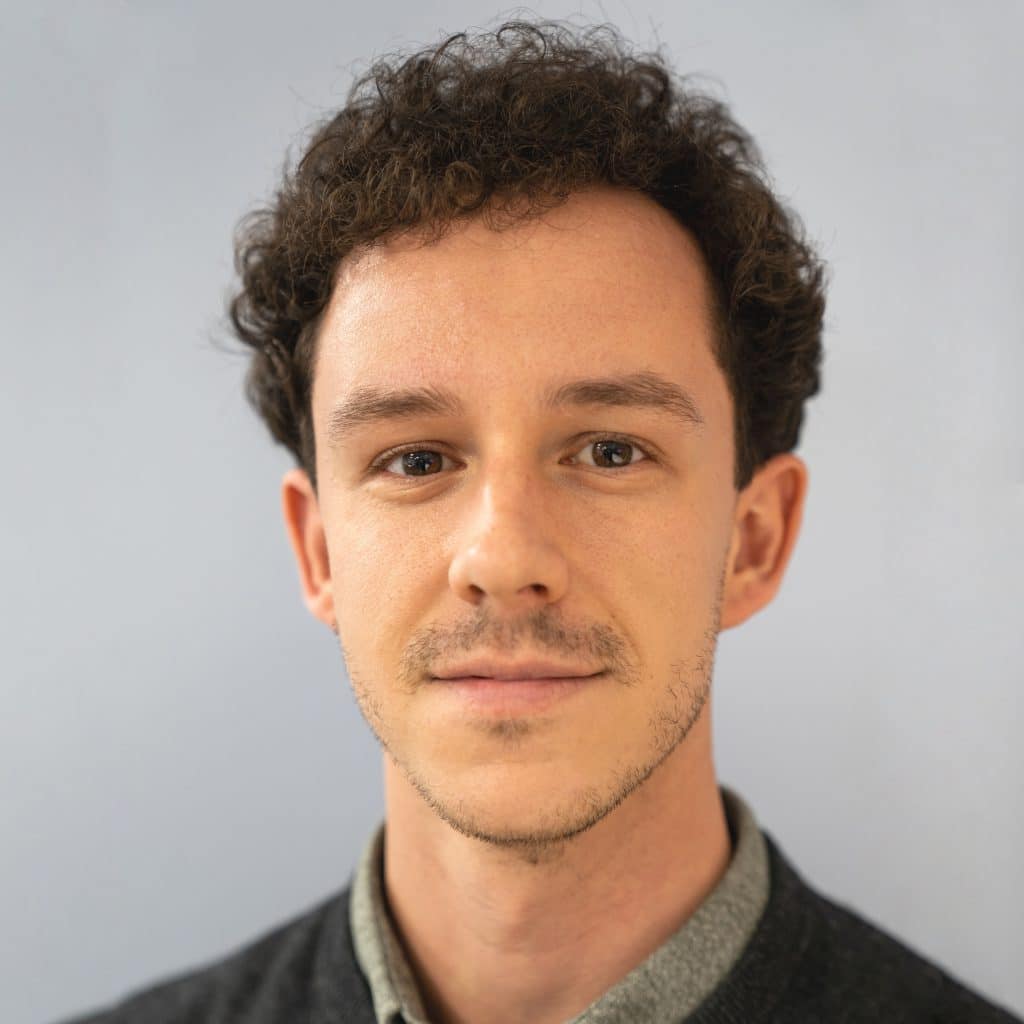
After working at FMS for five years, Jaron Liplijn decided it was time for a new adventure in the Spanish sun. This summer he is swapping Amsterdam for Valencia. Of course, we cannot let his departure go by without asking how he experienced the past 5 years at FMS.
Justice in Romania: Will the country remain under EU control?
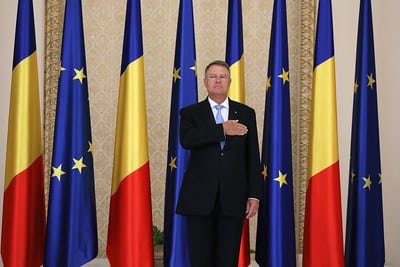
Since joining the EU in 2007, Romania has been under increased scrutiny by the European Commission. This is done with the so-called Cooperation and Verification Mechanism. Bulgaria was also subject to this until 2019, until the Commission thought enough was enough. Neighbouring Romania was on the right track, then took an odd turn, but now seems to be back on a better track. This is evident from two recent signals.
'Lobby & Advocacy' intern: Jarne
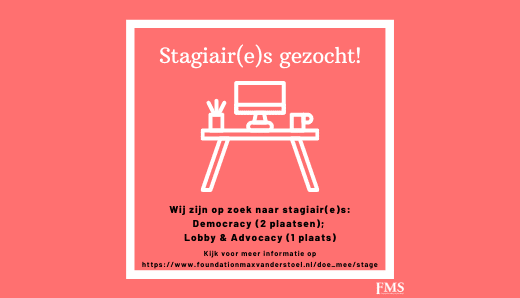
My name is Jarne van der Poel, and I am a 22-year-old master's student in Utrecht. While studying History of Politics and Society, I study the historical roots of today's political and social issues. The answer to those challenges is international solidarity and sustainable development - an answer we do not always see in current Dutch politics.

